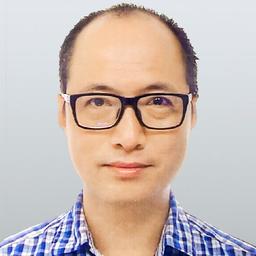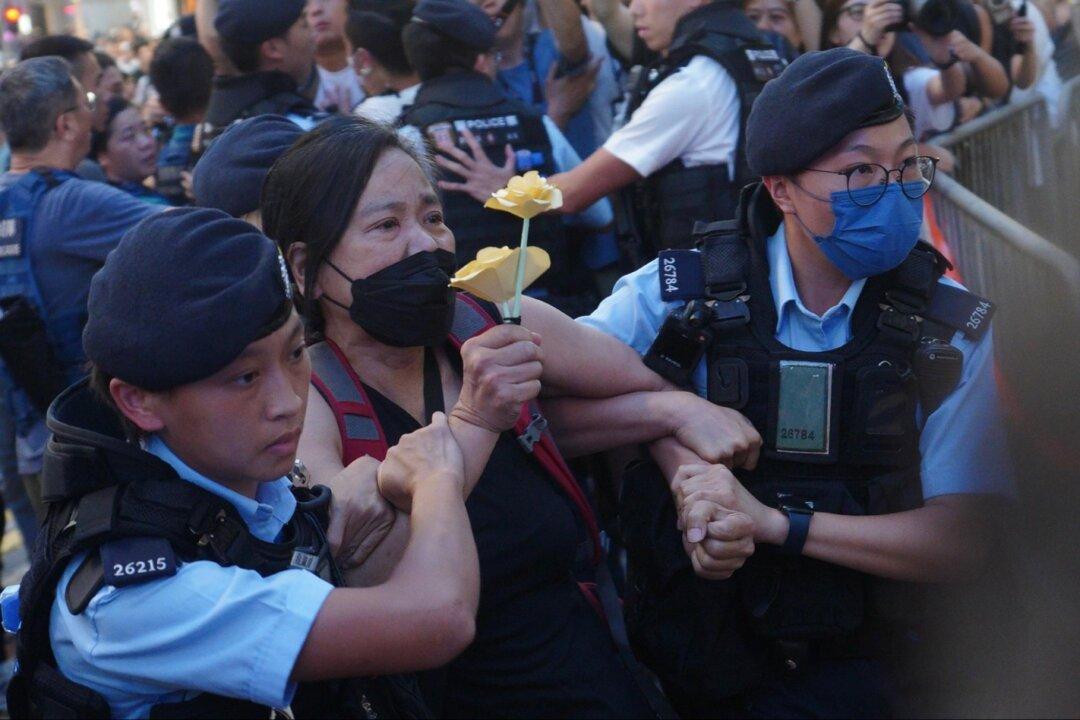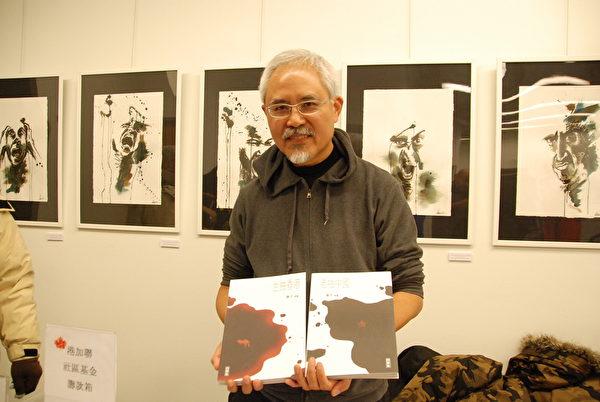Commentary
“Let China sleep. For when she wakes up, she will shake the world,” a quote generally attributed to Napoleon two centuries ago became relevant again after the turn of the millennium when the momentum of China’s reforms was increasingly felt around the world. The word “appetite” is used in “China Shakes the World” by James Kynge, China Bureau chief for Financial Times, for China’s global gobble-up of jobs, raw materials, energy, and food.





